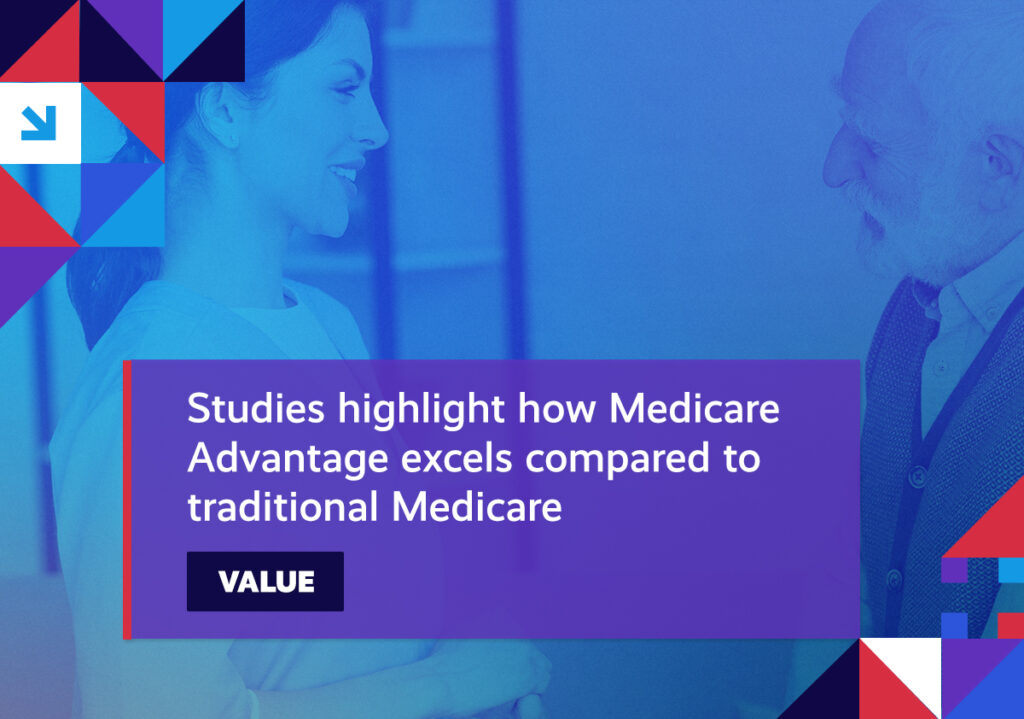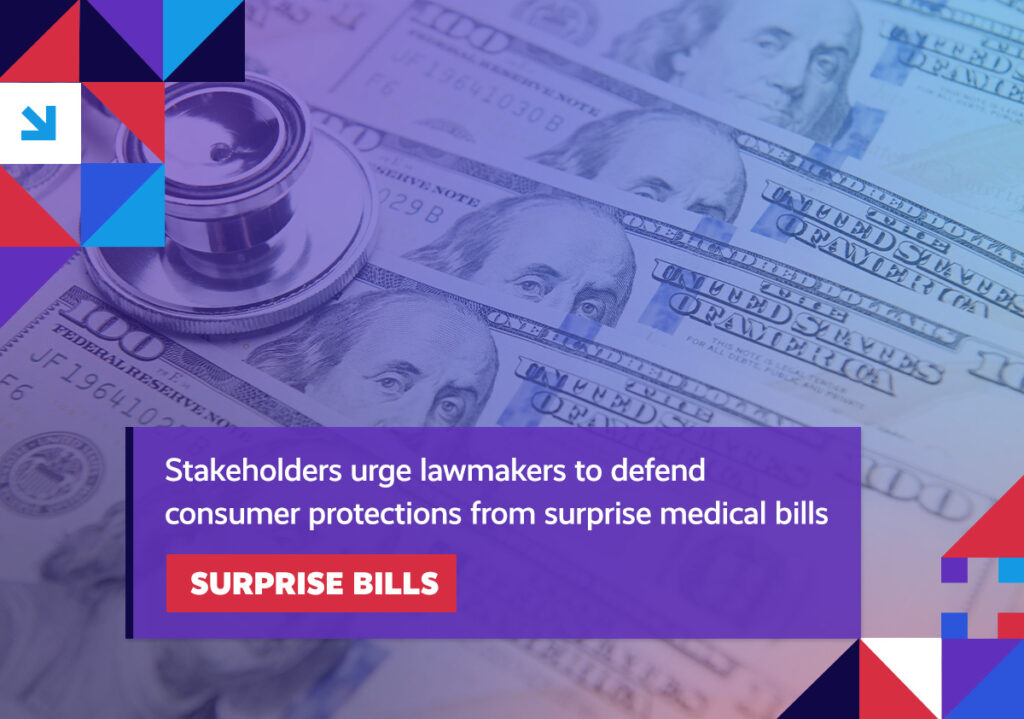A deeper dive into a key issue driving the healthcare reform conversation.

Week in Review
FACILITY FEES A new report exposes hospitals charging billions in facility fees for routine care.
Quick takeaway: A recent report by The Wall Street Journal exposes the alarming trend of hospitals adding facility fees onto medical bills for routine care, which raises prices by hundreds of dollars for widely-used and standard medical care, including colonoscopies, mammograms, and heart screenings.
Digging deeper: These charges appear on patients’ bills often after a large hospital system has acquired a physician practice. Hospitals then begin classifying these newly purchased clinics as a part of their existing main hospital facility, forcing patients or their health plans to bear added costs.
What it means: The report highlights that Medicare likely overpaid for certain services by about $6 billion because of these facility fees in 2021. It’s no wonder prices at hospitals have increased by an alarming 600% in only 35 years.
WASTEFUL SPENDING Nearly a quarter of all healthcare spending is estimated to be wasteful.
Quick takeaway: Estimates show that nearly a quarter – as much as $935 billion each year – of total healthcare spending is the result of waste.
Digging deeper: The United States spends more on healthcare than any other country, with costs approaching 18% of Gross Domestic Product (GDP). One reason for this is the amount of unnecessary, inappropriate, and in some cases, even harmful, services.
What it means: Healthcare inflation only compounds the issue, adding to an already unsustainable fiscal outlook in the U.S. With around two-fifths of all healthcare spending through government, eliminating wasteful spending, could dramatically improve our nation’s fiscal wellbeing, saving taxpayers billions.
CHARITY CARE New analysis shows 4 out of 5 nonprofit hospitals give back less to their communities than they receive in estimated tax breaks.
Quick takeaway: Federal, state, and local laws exempt nonprofit hospitals from many taxes under the assumption they will give back to their communities through a variety of programs, including patient substance abuse treatment and financial assistance.
Digging deeper: Analysis by the Lown Institute has found that more than 1,900 nonprofit hospitals contribute less to their communities than they receive from the government in tax breaks – adding up to billions. In fact, some of the largest nonprofit hospitals fall woefully short by hundreds of millions of dollars.
WEIGHT-LOSS Rx Medicare spending on new weight-loss drugs is skyrocketing.
Quick takeaway: Drugs such as Ozempic, Wegovy, and Mounjaro, which fall under the GLP-1 category of medications, were initially developed to treat type 2 diabetes. However, these drugs are now widely known as anti-obesity medications.
Digging deeper: An analysis by the Kaiser Family Foundation shows that total gross Medicare spending on these medications has skyrocketed in recent years – jumping from $57 million in 2018 to $5.7 billion in 2022. Additionally, the Congressional Budget Office (CBO) released a presentation noting that they expect anti-obesity drugs to cost the federal government more than it would save from reducing other healthcare spending—which would lead to an overall increase in the deficit over the next 10 years.
What it means: While weight-loss drugs still can’t solely be covered under the Medicare Part D prescription drug program, the program can cover GLP-1s for their other medically-accepted indications – including diabetes. That now also includes cardiovascular risk in adults with obesity based on a recent memo from CMS.
Spotlight

| You can keep up with the latest by following the Health Action Network on X and by liking us on Facebook. And, be sure to check us out on LinkedIn, too. As always, let us know if there’s something you’d like to see covered in a future newsletter. |
The Health Action Network includes everyday Americans—families, workers, businesses, patients, providers, neighbors, and friends. We are working together because we support market-based solutions that offer better healthcare choices and help build a stronger economy. The Health Action Network is an Elevance Health, Inc., initiative.
